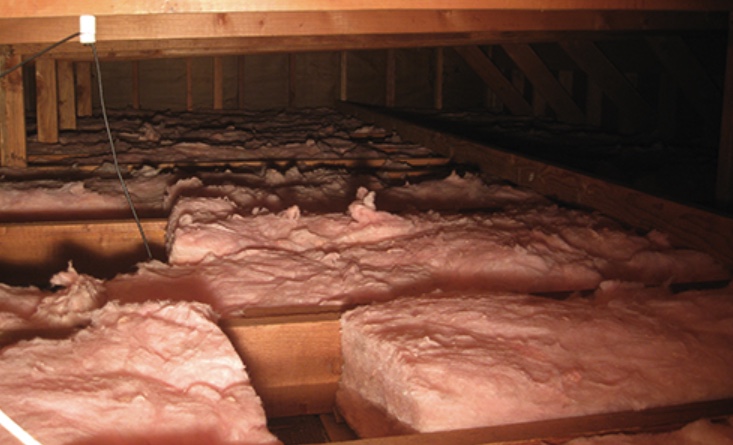Despite soaring energy prices, UK homeowners show limited interest in IUK Government’s Insulation Initiative, Reveals Which?

Despite widespread concern about high energy prices and keeping warm in winter, new research by Which? has found few households are looking to improve the insulation of their homes and public engagement remains low.
Last week, the UK government launched new funding for up to 300,000 eligible households to get insulation installed. However, Which? has found that very few homeowners are even taking the first step of looking for information about how to insulate their homes, despite evidence that many may live in poorly insulated homes.
Which?’s survey of 2,673 homeowners revealed that almost half (46%) of UK homeowners have not explored home insulation in the past five years and are not considering this for the future. The most common reason given by this group is that they believe their homes are already adequately insulated or warm enough (46%).
However, despite expressing satisfaction with their situation, nearly nine in 10 (86%) of this group expressed concerns about high energy bills and seven in 10 (69%) told Which? they worry about keeping their homes warm during winter.
Of the homeowners who have taken the step of looking for more information, seven in 10 (69%) who searched online wanted advice that was more tailored to their property and their circumstances and nearly half (46%) said that it was difficult to know where to start.
Only one in five (21%) homeowners who looked for information online found and used the government information tool – though those who did use the tool found it useful (81%).
Around six in 10 (63%) respondents who did look for information ultimately chose not to proceed with any work. In addition to homeowners wanting more specific advice, Which? identified several key barriers to insulation projects including affordability concerns, cost-effectiveness, and the lack of government funding or grant schemes.
More than half (53%) of UK homeowners who looked into insulation in the last five years said that the upfront cost of the work or concern about the payback times was the main reason why they did not proceed. One in 10 (11%) of those who looked but did not conduct insulation work said they searched for but did not find an available trader to carry out the work. As a result, only one in seven (14%) UK homeowners have undertaken insulation improvements in the last five years.
Which? is now calling on the UK government to build on its recent announcement of the Great British Insulation Scheme and do more to make homeowners aware of the information and advice that is available. This should include working with others to run public engagement campaigns that use targeted messaging based on property type and the circumstances of households and paying attention to the times when homeowners are most likely to consider insulating their homes.
Energy Performance Certificates (EPCs) that are required when selling or leasing a property should also be reformed to make them more reliable and useful for consumers. At present, the system for calculating EPCs can lead to inaccurate ratings. Assessments also vary in quality – with some providers offering one for as little as £35 on the basis of a 30-minute assessment.
The UK government should also improve access to information by creating an online hub of reliable independent information providers, as well as ‘One-Stop Shops’, that can support households through larger insulation projects. Scotland and Wales have their own information services including online information, telephone advice lines, and, in Scotland, a network of drop-in centres.
The UK governments should also support the recruitment and training of installers and review the way that installers are certified to make it easier for householders to identify qualified and reliable tradespeople, and remain protected from rogue traders.
Rocio Concha, Which? Director of Policy and Advocacy, said:
“Which? research has found that worryingly few homeowners are making insulation improvements – despite the benefits it offers including reducing a household’s carbon footprint and energy bills and keeping homes warmer in winter.
“It is important that the government drives public awareness of the information and advice that is available and works with industry and others to address the barriers preventing consumers from improving the insulation of their homes.
“Improving the insulation of a home can be a complex and expensive process, including identifying the needs of the property, finding financing solutions, and identifying a qualified and reliable installer. The advice available to all households has to improve so that people can feel confident making these vital changes to their homes.”
Spotted something? Got a story? Email: [email protected]
Latest News
